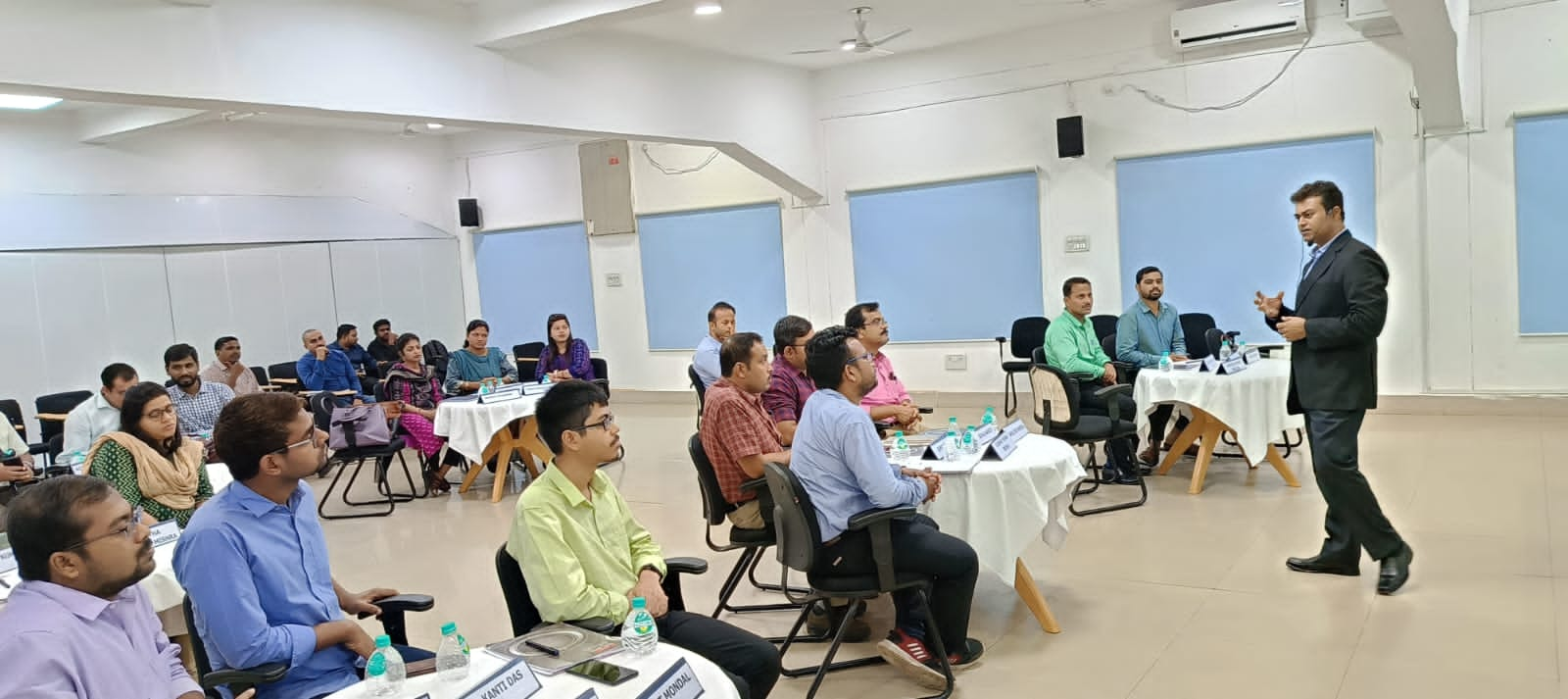
From Concept to Completion: Navigating the Instructional Design Process in Our Personality Development Curriculum
At Cogito Training and Counseling Centre, we believe that the journey of personal growth is a structured process that begins with a concept and culminates in the comprehensive development of an individual. Our personality development curriculum is meticulously crafted using a detailed instructional design process to ensure that every participant unlocks their full potential. Here’s a closer look at how we navigate this journey from concept to completion.
Understanding Instructional Design
Instructional design is a systematic process that translates general principles of learning and instruction into plans for instructional materials and activities. It involves analyzing learning needs and goals and the development of a delivery system to meet those needs. Our approach to instructional design in personality development includes several key stages: analysis, design, development, implementation, and evaluation.
Stage 1: Analysis
The first step in our instructional design process is the analysis phase. This stage involves understanding the needs of our learners, identifying their current skill levels, and defining the specific goals of the personality development course.
Needs Assessment
We conduct comprehensive needs assessments through surveys, interviews, and focus groups. This helps us understand the challenges our participants face and the areas they wish to improve.
Goal Setting
Based on the needs assessment, we set clear, measurable goals for the course. These goals guide the overall structure and content of the curriculum, ensuring it aligns with the personal and professional aspirations of our learners.
Stage 2: Design
The design phase is where we create a detailed blueprint of the course. This includes defining the learning objectives, selecting instructional strategies, and designing assessments.
Learning Objectives
We establish specific, measurable, achievable, relevant, and time-bound (SMART) learning objectives. These objectives provide a clear roadmap for both instructors and participants, outlining what is expected by the end of the course.
Instructional Strategies
Our instructional strategies are designed to engage learners and facilitate active learning. We incorporate a mix of lectures, interactive workshops, group activities, and real-world simulations to cater to various learning styles.
Assessment Design
Assessments are integral to our curriculum design. We use formative assessments to provide ongoing feedback and summative assessments to evaluate participants’ progress and mastery of the course material.
Stage 3: Development
In the development phase, we create the actual instructional materials and activities based on the design blueprint.
Content Creation
Our team of experts develops high-quality content, including manuals, presentations, videos, and e-learning modules. The content is designed to be engaging, relevant, and accessible.
Activity Development
We design activities that promote experiential learning. These include role-playing exercises, case studies, and group discussions that encourage participants to apply what they have learned in practical scenarios.
Stage 4: Implementation
The implementation phase involves delivering the course to our participants. This stage requires careful planning and coordination to ensure a smooth delivery.
Instructor Training
Our instructors are trained to deliver the course effectively. They are equipped with the necessary tools and techniques to facilitate learning and engage participants.
Delivery of Instruction
We offer both in-person and online delivery options to accommodate different learning preferences and schedules. Our interactive sessions are designed to foster a collaborative learning environment.
Stage 5: Evaluation
Evaluation is a critical component of our instructional design process. It helps us measure the effectiveness of the course and identify areas for improvement.
Formative Evaluation
Throughout the course, we conduct formative evaluations to gather feedback from participants. This allows us to make real-time adjustments to enhance the learning experience.
Summative Evaluation
At the end of the course, we conduct summative evaluations to assess the overall success of the program. This includes analyzing participants’ performance, collecting feedback, and reviewing the attainment of learning objectives.
Continuous Improvement
Our commitment to excellence means that we continually refine our curriculum based on evaluation data. We stay updated with the latest trends in instructional design and personality development to ensure our courses remain relevant and effective.
Conclusion
From concept to completion, the instructional design process at Cogito Training and Counseling Centre ensures that our personality development curriculum is comprehensive, engaging, and impactful. By following a structured approach, we provide our participants with the tools and knowledge they need to unlock their full potential and achieve personal and professional growth.
Enroll in our personality development training course today and embark on a transformative journey with us. At Cogito, we are dedicated to helping you become the best version of yourself. Contact us now to learn more and take the first step towards a brighter future.